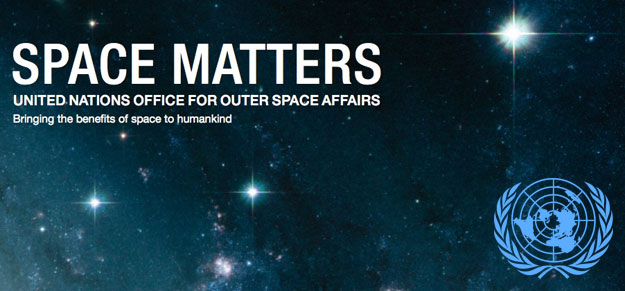The primary use for nuclear bombs is destruction of an enemy in a conflict. There have been attempts since World War II to find peaceful uses such as digging canals and fracking for natural gas but none of them turned out to practical and safe. There is a new peaceful use of nuclear warheads that has been tossed around for a few decades, but we have not had an opportunity to test such a use.
Twenty years ago, there was a movie that featured this new use. In the movie, Armageddon, a team flew to an incoming asteroid to plant nuclear warheads which blew the asteroid apart and saved human civilization. While the probability of a major asteroid striking the Earth is low, the consequences could be catastrophic such as the asteroid that ended the reign of the dinosaurs sixty-five million years ago. Asteroids that cross Earth’s orbit and might strike the Earth are referred to as Near Earth Objects (NEO).
In 2013, a meteor hit the ground in Chelyabinsk, Russia. It damaged property and injured more than a thousand people. This event moved asteroid strikes from a subject for science fiction to a real possibility that had to be taken seriously. Major nations such as the U.S. and Russia as wells as groups of nations such as the European Union began spending serious money to detect NEOs and develop possible responses to the threat of an impact.
The U.N. has created the start of an international institutional infrastructure to detect and divert asteroids. Scientists and government officials have decided that nuclear warheads may be the best hope to divert incoming asteroids. The U.S. and Russia have discussed cooperating on a nuclear planetary defense initiative.
One problem with developing a nuclear response to asteroid threats has to do with the current treaties governing activities in Earth orbit and outer space. Nuclear non-proliferation is written into space law. Under the current laws, any use of nuclear weapons to divert an incoming asteroid would violate international space laws.
Article I(1)(a) of the 1963 Partial Test Ban Treaty prohibits the detonation of a nuclear device in space. Any attempt to blow up an approaching asteroid would obviously violate this law. (Not all nations with nuclear weapons and space launch capability are subject this law.) In Article IV of the 1967 Outer Space Treaty, there is a prohibition against stationing nuclear weapons in space. This means that if an asteroid defense system included nuclear warheads in Earth orbit, it would violate this law.
While it is important for the nations of Earth to abide by treaties and laws that are to the benefit of all, if it is established that an asteroid is headed our way, it is unlikely that these treaties would stand in the way of an attempt to use nuclear warheads to divert the asteroid. Russia has already hinted that if they saw an asteroid headed this way, they would “launch first, litigate second.”
On the other hand, the excuse that an asteroid might some day threaten the Earth could be used to justify the development of new nuclear weapons and the launch of nuclear warheads into space. Blatant violation of international law would also allow the perpetrator to avoid the safeguards built into the law. In the end, it may be more dangerous to allow nuclear warhead into space than to worry about a possible asteroid strike in the future.
It would seem that the international treaties about space law need to be updated. There has to be a way for space law to protect us from the use of an asteroid threat to avoid the regulations against the deployment of nuclear weapons in Earth orbit and beyond. In addition, the law does need to provide some sort of exemption for a multilateral nuclear planetary defense should it ever be needed. In such a case, the threat would need to be identified and verified and a nuclear response would need to be chosen by scientists as a best response. A multinational decision-making and oversight body made up of as many nations as possible should be created to deal with these issues.
This will be very complex, time consuming and expensive to do but if the future of the human race is at stake, it will be worth any effort necessary.
